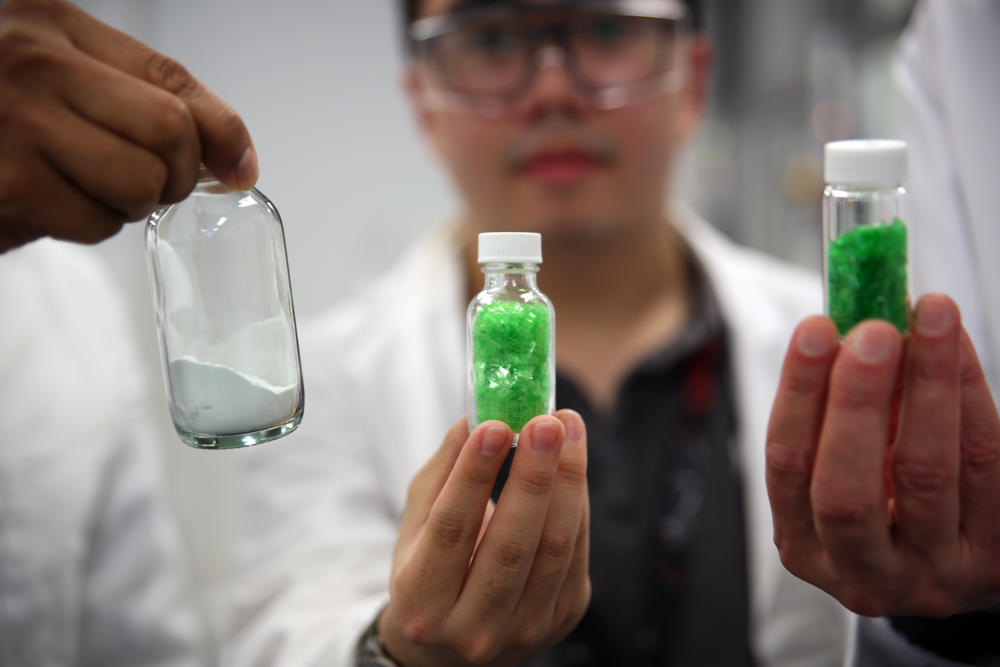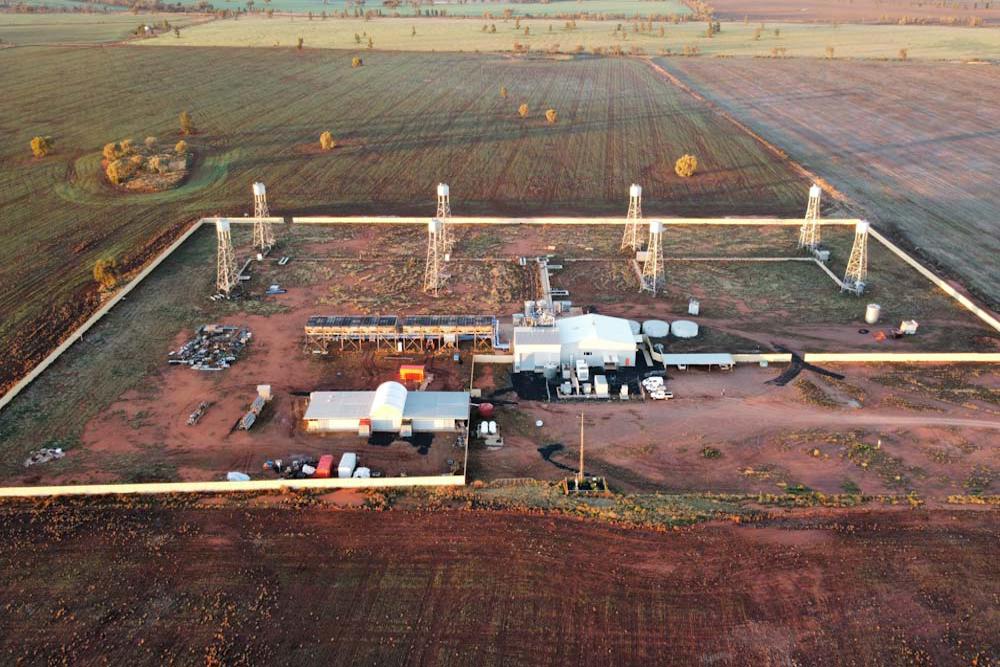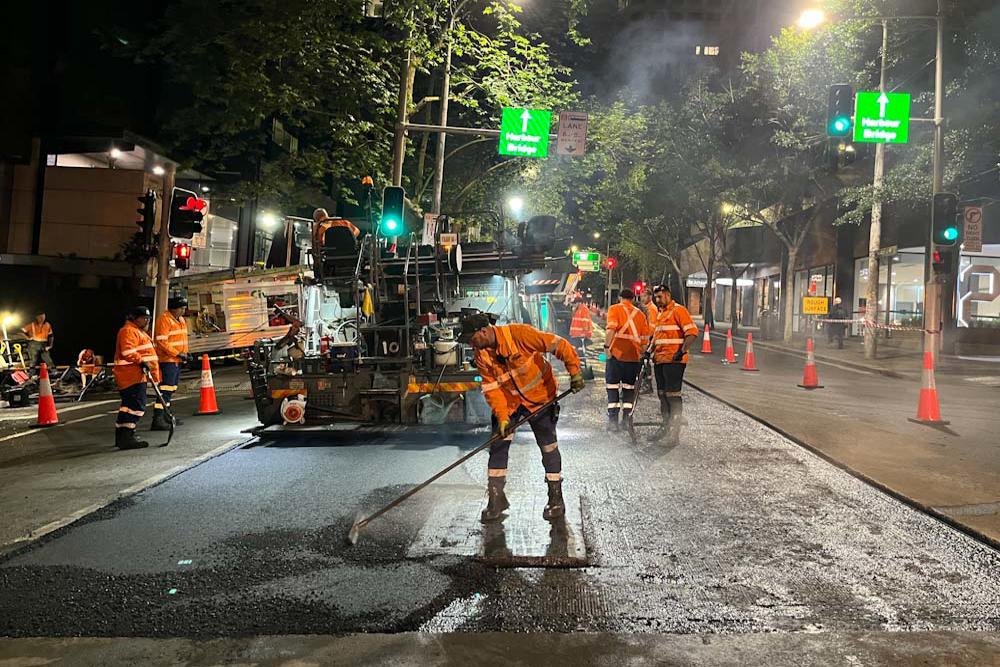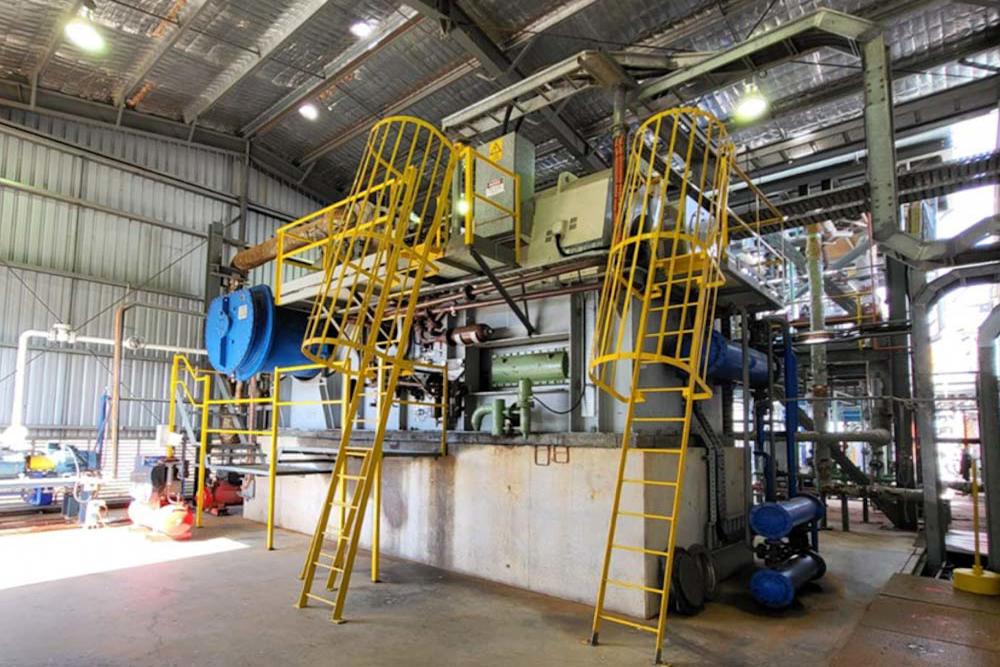
Researchers at the University of New South Wales (UNSW) have developed a new low-energy technique to recycle plastic — offering a sustainable solution to the global plastic waste crisis.
The new process can transform various forms of waste plastic into their respective polymer nanoparticles dispersed in water.
These nanoparticles can then be extracted for reuse in new consumer products or utilised in applications such as asphalting and waterproof coatings.
Led by Professor Per Zetterlund and Dr Vipul Agarwal from the School of Chemical Engineering, the research team collaborated with ‘impact investment’ firm FP Paradigm to further develop and commercialise the technology — focusing on PET (polyethylene terephthalate) recycling.
The technique not only recycles plastic but also removes dyes from the original plastic waste, reducing the time and cost of recycling and expanding the waste source.
Dr Agarwal highlighted the massive challenge of plastics recycling globally, noting that only 13 per cent of plastic used in Australia is recycled, with the rest ending up in landfills. Traditional recycling methods require high temperatures and energy, leading to the breakdown of polymer chains in plastic.
In contrast, the new technique causes no mechanical or chemical degradation of the polymer, potentially allowing for more rounds of recycling.
The patented method converts waste plastic into an aqueous dispersion of plastic polymer nanoparticles, which can be uniformly distributed in a water-based solution.
This dispersion can be used in various applications, such as in the production of asphalt, waterproofing materials, high-strength concrete, paints, and insulation coatings.
With Australians using 3.5 million tonnes of plastics annually, and plastic pollution in marine environments becoming a critical issue, the new recycling technique offers a promising solution to reduce plastic waste and environmental impact.
The researchers believe that their innovative approach could revolutionise plastic recycling, leading to a more sustainable future.












